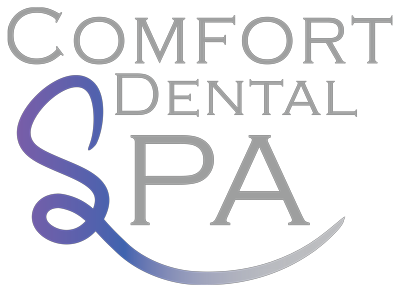Research has proven that gum disease can cause a number of complications during pregnancy, such as low birth weight, preterm births, and miscarriages. Why are pregnant women more at risk for gum disease? The simple explanation is that during pregnancy, a woman’s body undergoes significant hormonal changes.
During pregnancy, your body produces elevated levels of progesterone and estrogen. The body’s natural response to dental plaque is altered, and the way that gum tissues react to bacteria from plaque is more exaggerated. Hormones soften the gums and make them more penetrable to bacteria. Thus, pregnant women are 65-70% more like to develop gingivitis – the early stage of gum disease.
Hormonal changes during pregnancy can aggravate existing gingivitis, which typically worsens around the second month and reaches a peak in the eighth month. Pregnancy does not cause gum disease, and simple preventive oral hygiene can help maintain healthy gums. Pregnancy-related gingivitis usually subsides within a few months of delivery if the mother takes good care of her oral health.
The main symptom of pregnancy gingivitis is bleeding gums, and it is a problem some women choose to ignore. However, this condition is not only detrimental to your health, but also to the health of your unborn child. If you are pregnant or want to become pregnant, it is important to keep your gums healthy.
I’m Dr. Aziza Askari of Comfort Dental Spa in Farmington Hills, Michigan, and I will assess the exact condition of your gums and help you maintain healthy teeth and gums throughout your pregnancy. It is important to keep your scheduled dental checkups to be sure problems don’t arise. The best time for dental appointments is during your fourth through six months of pregnancy, but if you miss this window, don’t reschedule. Also, remember tell your dentist, hygienist, and any medical professional who provides care that you are pregnant.
